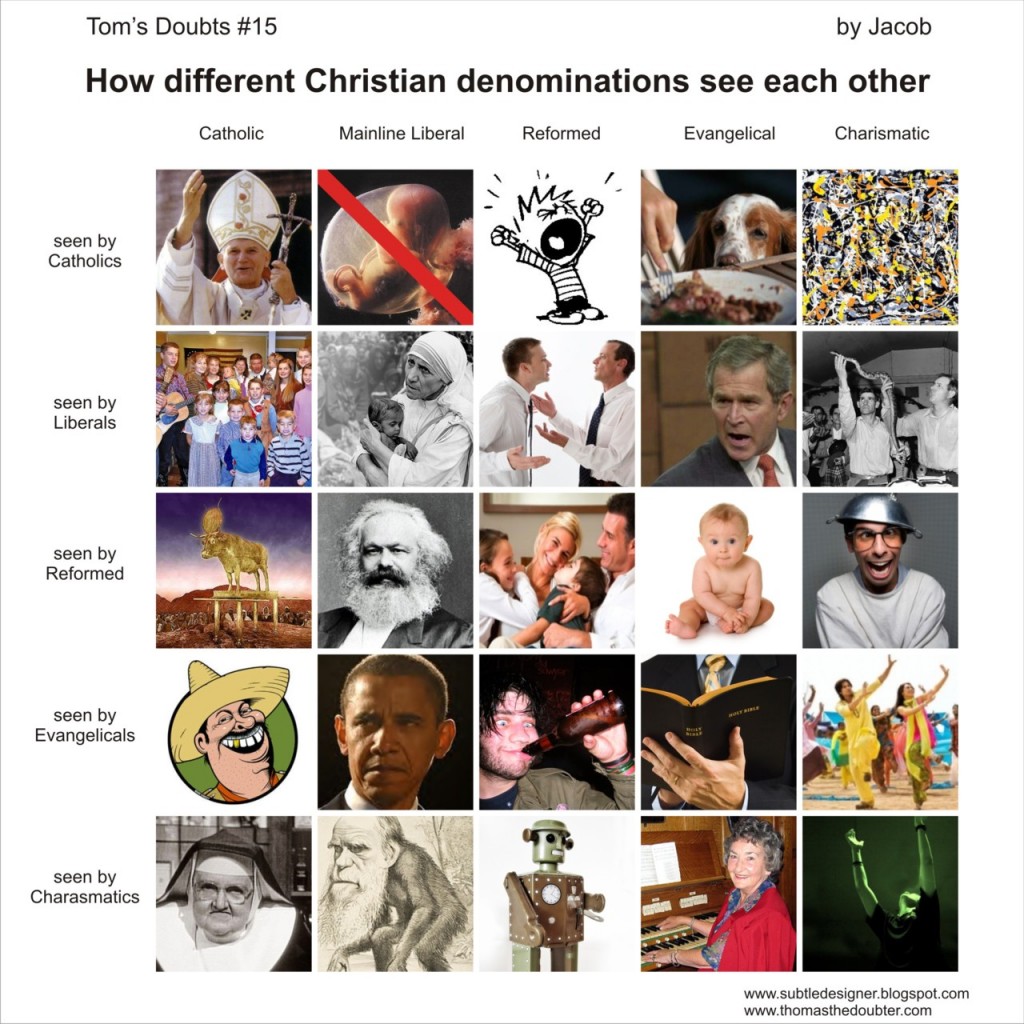Non-Catholics receiving Communion?

Reception of the Holy Eucharist has recently been the subject of scrutiny in the media, prompted by some of the discussions taking place in the “Synod on the Family”. In my own life, Holy Communion was also the subject of a recent incident concerning a friend of mine.
You see, a friend recently went to a Catholic conference together with a Protestant. Being a Catholic event, there was, of course, the celebration of the Eucharist. When time for Mass came, the non-Catholic was upset that she couldn’t go up to receive the Eucharist. She couldn’t do this because, under ordinary circumstances, the Catholic Church does not allow non-Catholics to receive Holy Communion.
“…members of those churches with whom we are not yet fully united are ordinarily not admitted to Communion”
– United States Conference of Catholic Bishops, “Guidelines For communion”
In this post I would like to provide a summary of what I say when I’m asked why it is that the Catholic Church doesn’t allow anyone to receive Holy Communion (the Eastern Orthodox Churches have similar rules for similar reasons). As usual, this won’t be an exhaustive theological explanation, simply a rough outline of the kind of thing I personally say when I’m asked to explain this particular Catholic teaching.

